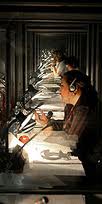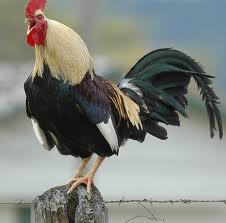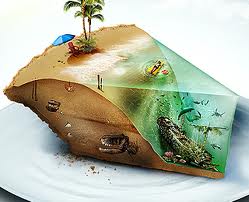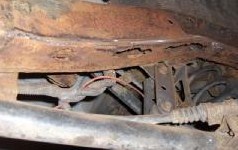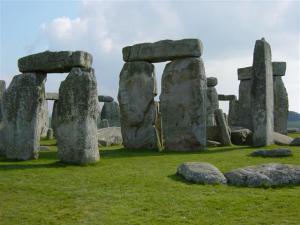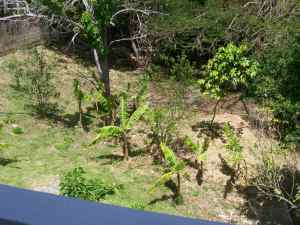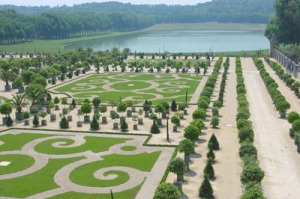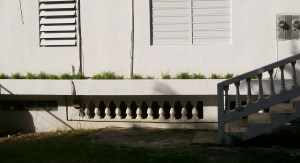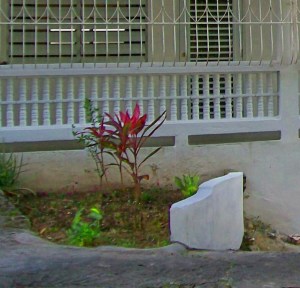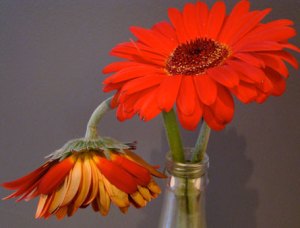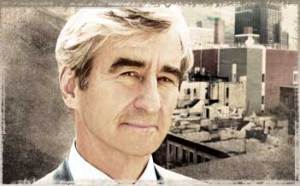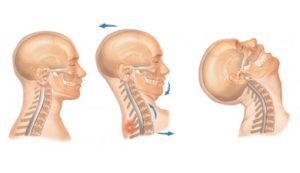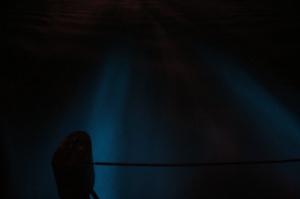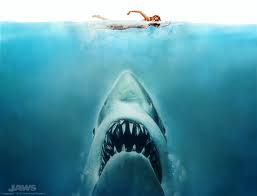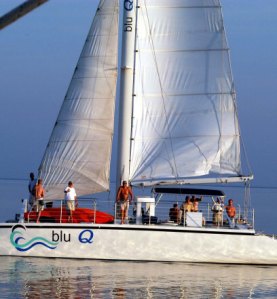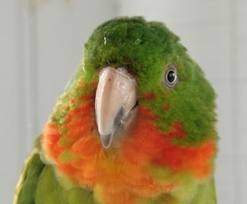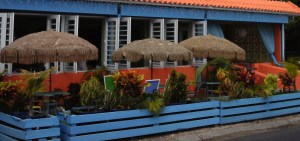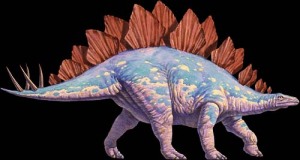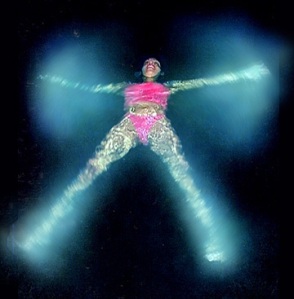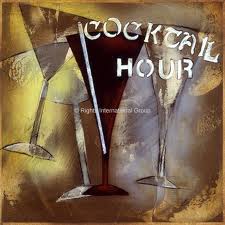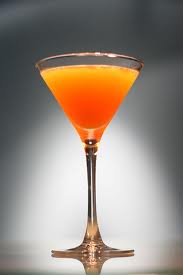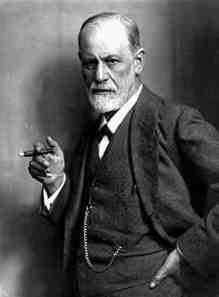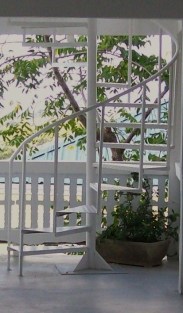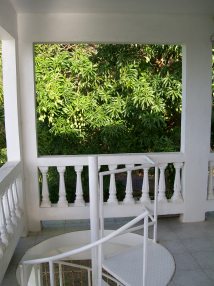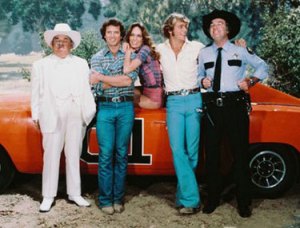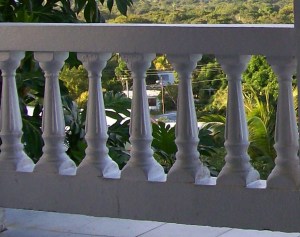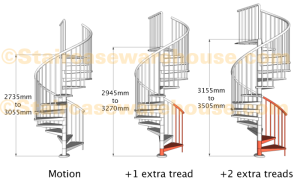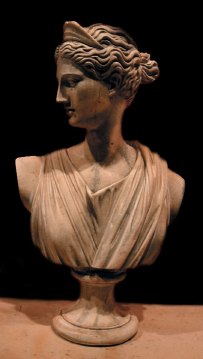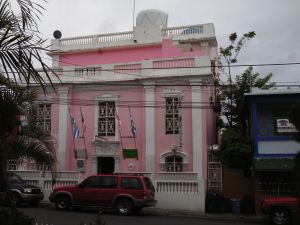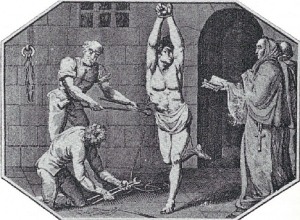In hindsight, we probably should have known better than to take gardening advice from our alcoholic neighbor.
As you may recall, his English left a great deal to be desired, and our Spanish didn’t exactly qualify us for translating positions at the U.N.
Not much, apparently.
It happened like this. We were standing at the rear of the house staring at the empty flower box, hoping, I suppose, for divine inspiration, when our neighbor shot out of his house like a (bow-legged) stunt man out of a cannon.
“Hola,” he chortled. “You make jardin?”
“Si,” we both admitted somewhat unenthusiastically. In truth, we were convinced beyond a shadow of a doubt that this man was both mentally defective and a hopeless drunk—what else could explain his permanent state of cheerfulness, his complete lack of inhibition, his casual friendliness?
Yes, I know what you’re thinking. They’ve lived in the big city too long, they’re jaded, give the guy a break.
All very nice.
But you’re wrong.
Our neighbor was permanently sozzled. You could see it in his crimson-flecked eyes, in his jaundiced skin, in the roaring sourness of his breath—and if you weren’t convinced by these subtle signs, there was always the fact that he stood on his roof in the morning and crowed with the roosters.
“What you plant?” he asked now, sedately scratching his belly with one hand while digging around in his gap-toothed mouth with the index finger of the other.
“Well…” Michael began thoughtfully.
“Oh my god!” the man screamed, apropos of nothing. Then he turned to me: “Are you one hundred percent today?”
“Si?” I hazarded, wondering what he could possibly mean. “One hundred percent.” I certainly wasn’t going to settle for anything less, whatever he was talking about.
This sent him into gales of uncontrollable laughter, punctuated by loud rat-a-tats of flatulence.
We edged slowly away. Frankly I was tempted to run inside and bolt the door.
But then I noticed that his own garden was lush and reasonably well-tended, and it occurred to me that maybe he’d have some useful advice for us after all.
I decided to give it a try. “What kind of plant would you put here?” I asked, pointing to the flower box. “Aqui?”
“Aqui?” he repeated, drooling slightly.
“Si, aqui,” I said, pointing again.
He considered. “Cactus!” he said emphatically.
“Or flores or ferns.”
Even I, who had never cultivated anything more demanding than a Chia Pet, recognized the complete and utter uselessness of this advice.
“What grows in sunlight?” I prompted him. “Sol.”
He rearranged his genitals and belched softly. “Calathea.”
“Calathea?” I repeated.
“Si.”
Michael, looking vaguely encouraged by this scrap of information, took up my thread.
“Come,” he said, gesturing toward the side of the house.
Our neighbor instantly obeyed, propelling himself on surprisingly steady legs along the road and down into our driveway. “Oh my god,” he muttered to himself as he bustled along.
“What do you plant without sun?” Michael asked. “Sin sol?”
“Ah,” our neighbor replied, touching the side of his nose with his finger. Hadn’t I seen Mafiosi perform this same gesture in countless Godfather-type movies?
Only I couldn’t recall its significance. Arcane hand gestures had always baffled me—if you scratched your chin with the back of your hand you were disrespecting someone’s mother, and if you touched your eyebrow while tugging your earlobe you were suggesting group sex. Or something like that.
“Heliconia,” the man said, winking ominously.
“Good for no sun?”
“Si.”
After our neighbor had wreathed us in beery hugs and lumbered home for what would undoubtedly be his tenth or twelfth Medalla of the morning we rushed inside to write down his suggestions.
After all, there was a very remote possibility that he knew more about gardening than we did.
Which wasn’t saying much.

